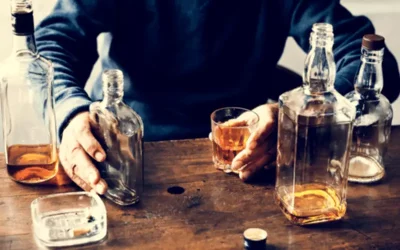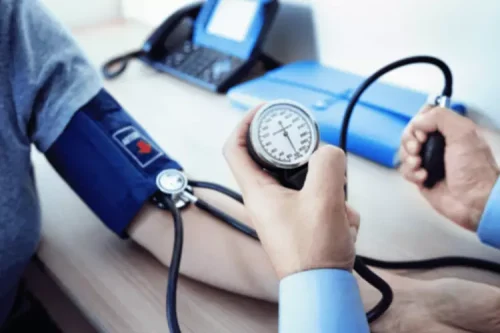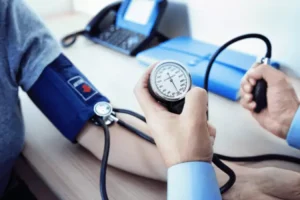
Halfway houses in Roxbury may not be solely for individuals recently out of sober house roxbury ma rehab. While they often cater to those in early recovery, halfway houses can be beneficial for anyone seeking a supportive and structured environment to maintain their sobriety. Some residents may have completed formal treatment, while others may be transitioning from other living situations.
Dimock Center John Flowers Recovery Home
It’s important to research and choose a reputable halfway house that aligns with your recovery goals and needs. Full list of all of the sober living homes and halfway houses in Roxbury, MA and nearby. The goal is to provide residents with a supportive environment as they work toward sustained sobriety and personal growth. We are a recovery home specializing in alcohol rehab, dual diagnosis, and opioid addiction. Our adult program is for men and women, while our young adult rehab is for those years old.
Search for Transitional Housing

Some halfway houses in Roxbury may encourage residents to work or attend school as part of their recovery journey. Alcohol Use Disorder Some programs may have specific guidelines or requirements regarding employment or education. Engaging in productive activities can help individuals build a sense of purpose and responsibility as they transition back into a more independent lifestyle. To ensure the quality and safety of a sober living home in Roxbury, it’s recommended to research thoroughly. Look for homes that are licensed, accredited, or affiliated with reputable organizations.

Other Popular Massachusetts Cities

Halfway houses in Roxbury typically operate as supportive environments for individuals in recovery. Residents are often required to follow house rules, attend support meetings, participate in therapy or counseling sessions, and maintain sobriety. These homes typically offer a sense of community, accountability, and a safe space for individuals to practice healthy behaviors before fully returning to independent living. Some programs may have a set duration, often around three to six months, while others may be more flexible depending on individual progress. The goal is to provide residents with enough time to develop essential life skills and solidify their recovery foundation before transitioning to independent living.
Touring the Sober Living Home
- Hope House Inc Outpatient is a sober living house in Roxbury, MA, zip code.
- Residents are often required to follow house rules, attend support meetings, participate in therapy or counseling sessions, and maintain sobriety.
- Roxbury halfway houses may provide transitional housing to young and older adults, teenagers, men and women who have either a drug or alcohol addiction problem.
- Look for homes that are licensed, accredited, or affiliated with reputable organizations.
The cost of staying at a halfway house or sober living home in Roxbury varies depending on factors such as location, amenities, and the level of support provided. Some homes may offer sliding scale fees based on income, while others may have fixed rates. It’s important to inquire about costs and any potential additional expenses before committing to a specific halfway house. This arrangement helps create a safe and supportive environment where residents can relate to and support one another. Gender-specific halfway houses also address specific needs and concerns that may arise during recovery, contributing to a more focused and effective recovery experience.

How to Find a Good Sober Living Home

We offer both inpatient and outpatient rehab, as well as sober living homes and aftercare support. Our therapies include cognitive behavioral therapy, dialectical behavior therapy, family therapy, group therapy, individual therapy, and trauma therapy. Thank you for considering us as you embark on your journey to recovery.
- Gavin Foundation Hamilton House Recovery Home is a sober living home in Dorchester, MA, zip code.
- Hope House Inc Recovery Home is a halfway house in Roxbury, MA, zip code.
- Read reviews and testimonials from former residents, visit the facility if possible, and ask questions about their program, staff qualifications, and house rules.
- Some residents may have completed formal treatment, while others may be transitioning from other living situations.
- Our therapies include cognitive behavioral therapy, dialectical behavior therapy, family therapy, group therapy, individual therapy, and trauma therapy.
- We do not receive any commission or fee that is dependent upon which treatment provider a caller chooses.
- We offer both inpatient and outpatient rehab, as well as sober living homes and aftercare support.
- We are not affiliated with any of the listed mental health or addiction treatment facilities.
Middlesex Human Service Agency Inc Answer House Recovery Home is a halfway house in Boston, Massachusetts, zip code. Interim House Inc Recovery Home is a halfway house in Dorchester Center, MA, zip code. Hope House Inc Outpatient is a sober living house in Roxbury, MA, zip code.





